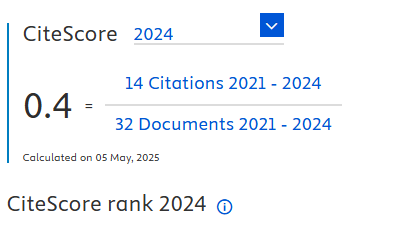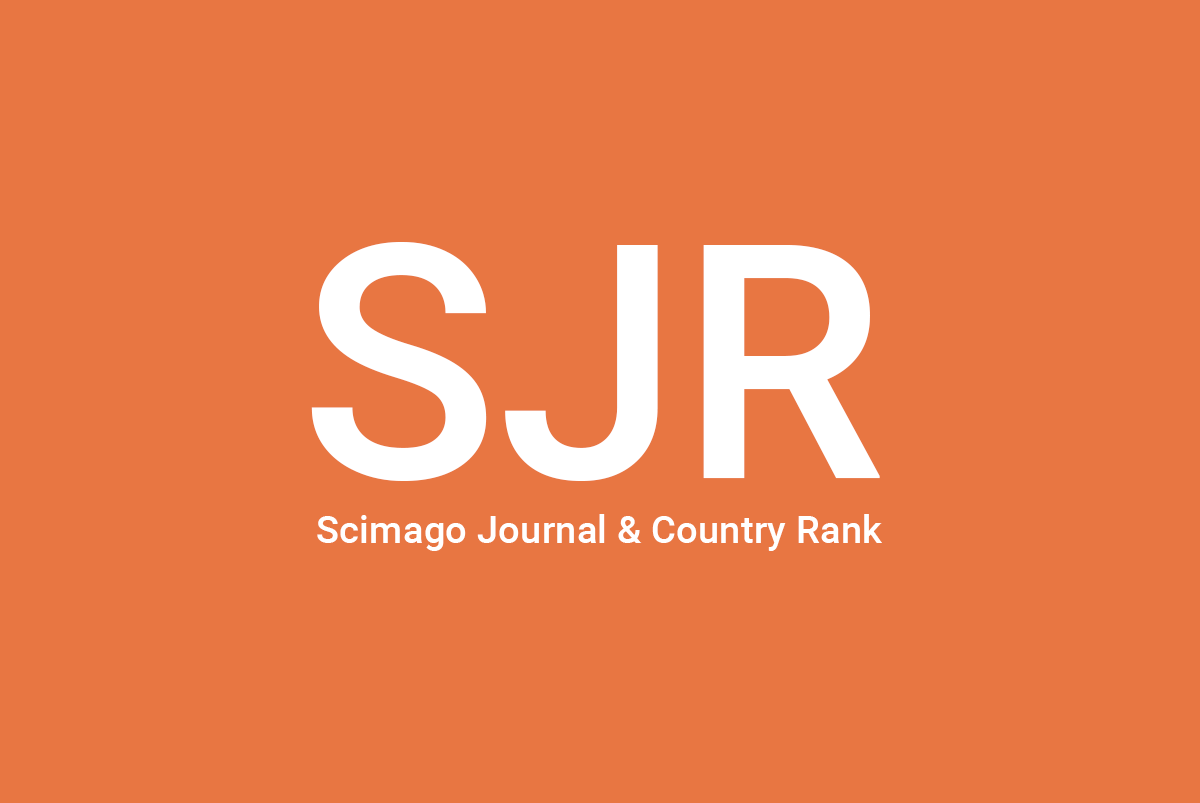Hegel and Psychiatry. Call for papers, reviews and critical notes for volume 10/2024
Under the title "Hegel y la psiquiatría" ("Hegel and Psychiatry"), Studia Hegeliana. Journal of the Spanish Society for Hegelian Studies is calling for a monograph to study this topic in the next volume. Research on the Science of Logic and the Phenomenology of Spirit has always maintained a certain relevance in Hegel studies. Since the anniversary of the Philosophy of Right, the importance of the objective spirit has also been strongly revived and maintained. And even today there are flourishing and promising investigations of Hegel's philosophy of nature. However, the philosophy of subjective spirit - and especially Anthropology - has been a moment in the system that has been more overshadowed. But that does not deny its importance.
Twentieth-century scholars like Fetscher, Greene, Bond, Bonito Oliva, or more contemporary ones like Inwood, Nuzzo, Padial, Brauer, Corti, and de Laurentiis, among many other possible names, have devoted part of their philosophical work to explaining the importance of the subjective spirit for Hegel's system.
In the subjective spirit, the first section is Anthropology. This is fundamental both for explaining the passage from nature to spirit, as well as for the further development of the philosophy of spirit. In it Hegel sets out a good part of his considerations on psychiatry. That is to say, there is a Hegelian philosophy of psychiatry.
Explaining precisely what madness is, or the forms of madness, as well as Hegel's emphasis on therapeutics, is a terrain that is little explored today. And yet it is vital to understanding the scope of Hegel's philosophy for at least four reasons. Firstly, the importance is evident because the leap from nature to spirit occurs in Anthropology, and is vital to understanding whether there is a rupture or continuation between nature and spirit. Secondly, because little research has been done on the relationship between Hegel's philosophy of psychiatry and the rest of his work. In his Philosophy of History there are terms and expressions borrowed from psychiatric language that are worth investigating. Or there are direct relations between the science of logic and psychiatry which Hegel expounds. This relation between psychiatry and other parts of the system is still not considered with the importance it should have. Thirdly, it is important because there is a rich panorama that is not yet exhausted of Hegel's influences on psychiatry - such as Pinel, Reil, the Marquis de Puységur, or Kluge - as well as the influence of Hegelian philosophy on psychiatry immediately afterwards, and on the later - psychoanalysis and Lacan. Lastly, because it is one of the longest-lived themes in Hegel's thought. Recall that Hegel was interested in the subject from a very young age, as the notes he took from Flatt's lectures seem to show, while it later touched him personally with his sister, Christiane, and his friend, Hölderlin.
As there is a relevant field for Hegel studies that has not yet been examined with the rigour it deserves, Studia Hegeliana proposes a monograph to investigate the subject. Researchers are invited to contribute their ideas on the relationship between Hegel and psychiatry. Five types of research will be considered, but not only:
Hegel's influence on psychiatry after him, both immediate and developments in the 20th and 21st century.
The influences Hegel received for his Anthropology, especially in relation to madness.
Exegesis of Hegel's texts on madness.
The insertion of Hegel's philosophy in current psychiatric debates.
Comparisons between Hegel's philosophy of psychiatry and the philosophy of psychiatry of other philosophers.
Under the title "Hegel and psychiatry", Studia Hegeliana. Revista de la Sociedad Española de Estudios sobre Hegel is pleased to open its period of reception of contributions for the -monographic- volume of the year 2024, in one of the following modalities:
Articles: original articles, not submitted for review in other publications in parallel. Articles will be evaluated by the peer review procedure. Maximum length 7,500 words.
Debates and Notes: original, not submitted for review in other publications in parallel. Notes will be evaluated by the peer review procedure -blind-. Maximum length 3,500 words.
Critical translations or research materials: original, not submitted for review in other publications in parallel. For this section it is essential to contact the editorial board.
Reviews: reviews of current books, published in recent years. Reviews and notes will be evaluated only by the Editorial Board. Minimum length of 1,200 words and maximum length of 2,000 words.
The deadline for receipt of manuscripts is 29th February 2024. To submit your text, please do so through the following link, registering as an author and following the guidelines provided by the system and following the guidelines for authors (Link: https://revistas.uma.es/index.php/shegel/index). Author guidelines: click here.
Deadline for manuscript submission: 29/02/2024

244.png)






















